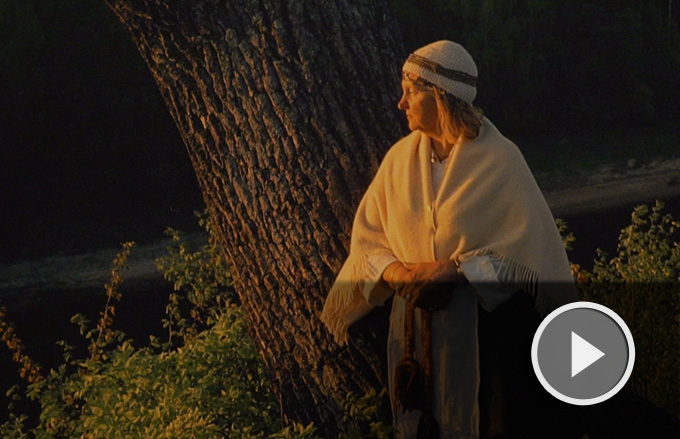Tibetan epic passed down more vividly
A new movie featuring Tibetan Buddhists has inspired 76-year-old Danma Jamyangtsultrim to do something big with the rest of life - preserving a time-honored epic through a comic book series.
The film, Paths of The Soul, tells of 2,000-km pilgrimage journey that Tibetan villagers make to a holy mountain in a simple and plain style. It hit domestic screens a week ago and has done well at the box office.
SPONTANEOUS PRODUCTION
Comic strips could prove a popular way to preserve the Epic of King Gesar. The story, with more than 120 episodes and 1 million lines, is believed to be the world's longest. It tells how a demigod Tibetan king of the 11th century conquered the devils of other tribes and brought help to ordinary people.
The epic has been passed down orally by singers, most of whom were illiterate herders or peasants from Tibet, Inner Mongolia or Qinghai, who often claimed they were spontaneously able to repeat the lines after a strange dream or a serious illness.
"For me, telling the epic through a comic book series is both a mission and an act of devotion," said Danma Jamyangtsultrim, a recognized master of the epic in Northwest China's Qinghai province.
The epic is widely known among Tibetan people, no matter what their educational level, he said. The master learned the epic from a monk and has transcribed and translated multiple volumes.
CHILDREN ARE THE FUTURE
A three-episode animation about King Gesar produced in Qinghai last year was listed as one of a 100 excellent publications recommended to young people and children this year by the State Administration of Press, Publication, Radio, Film and Television at a national book fair in the northern Hebei province in early June.
"We have explored diverse ways to popularize the epic. Using new media, we hope to expand it out of the Qinghai-Tibet Plateau," said Phunmontashi, deputy head of the Qinghai provincial animation center.
The animation was very popular among Tibetan children in Qinghai.
AHEAD OF ITS TIME
The epic of King Gesar was listed as World Intangible Cultural Heritage in 2009.
Since 2005, a national fund has identified more than 30 young singers of the epic in Qinghai and Tibet autonomous region. Some of them were born after 1990.
In 2014, Tibet established a multi-media data base about the epic. In December, the Ministry of Culture approved a plan to build the King Gesar culture protection zone in Tibetan autonomous prefecture of Golog, Qinghai, where a children's chorus has been set up.
Launched in 2013, a large-scale Chinese translation of the epic, involving scholars from Tibet, Gansu, Qinghai and Beijing, will be completed next year.
"Various vivid methods will form a comprehensive preservation of the heroic epic representing highest achievements in ancient Tibetan culture," said Norbuwangden, head of a team preserving the epic.

















